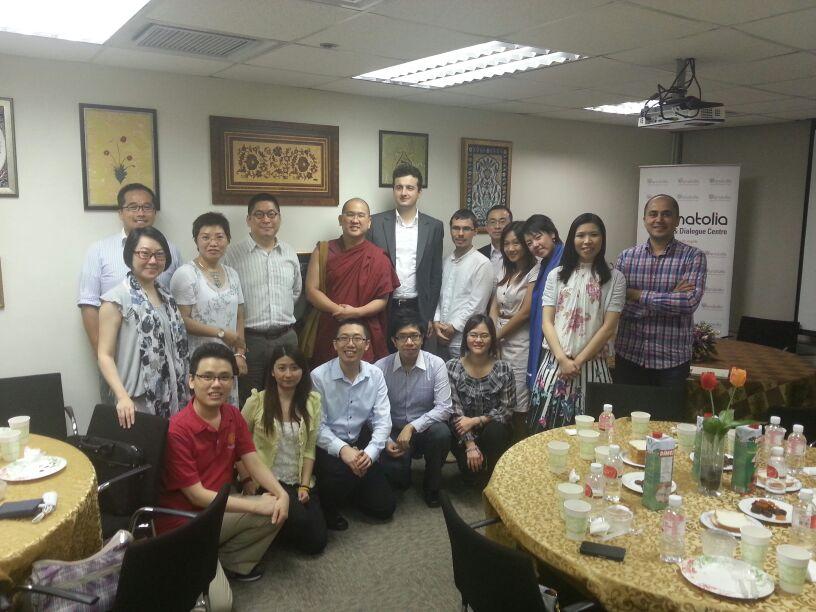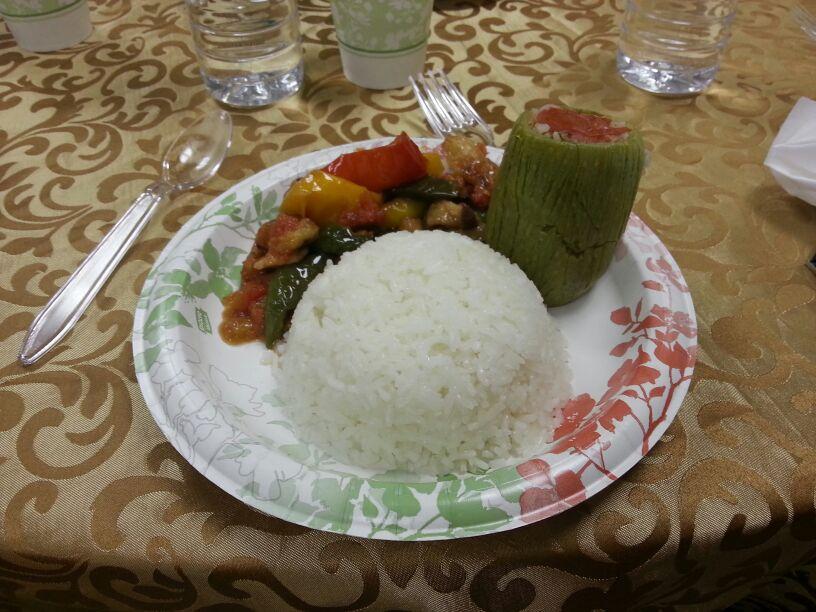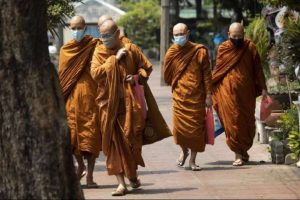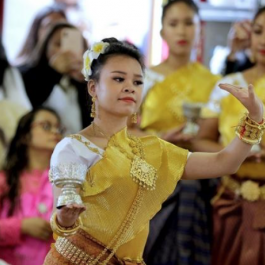In the Abrahamic traditions, hospitality for guests and outsiders has always been central to religious practice and identity. Our generation today struggles to acquaint itself with the life-giving power of hospitality. It takes great energy and attention to welcome guests. Yet over the past two decades, particularly in Hong Kong, hospitality has become relegated to the occasional dinner party, a barbeque in Sai Kung, and to the service industry’s provision of hotel and eatery services. But in Islam, hospitality remains central to the month of Ramadan and a crucial practical expression of spiritual care and bridge building.
Members of the Centre of Buddhist Studies Alumni Association (CBSAA) at Hong Kong University would be familiar with the Turkish iftar dinner. This is the evening meal that breaks the daily, month-long Ramadan fast. Critically, it offers far more than mutual entertainment. On the 5th of August at our friendship dinner, the Anatolia Cultural and Dialogue Centre (ACDC) presented to Ven. Dhammapala a beautiful Nicaean plate with Turkish calligraphy in English. The entire enterprise was a gesture of humble respect made by partners in the search for a more compassionate and caring society. Naturally, we should be prompt in reciprocating for our next meeting.
Fasting during Ramadan has dimensions beyond the obvious physical act of becoming aware of hunger and the inability to eat for one month (and hence building empathy to appreciate that impoverished people are hungry the entire year, and starve well after sundown). It serves primarily a spiritual function, with social and financial ramifications (donation and charity become not options, but obligations). Fasting reminds us of our own fortune and of our duty to all sentient beings. Countless beings suffer and die as a result of starvation. As Buddhists, our lofty calling is to minimize the suffering of all beings. If this is going to be more than rhetoric, we must be prepared to truly understand their pain by experiencing a certain degree of it ourselves.
As we dined and laughed together with our Turkish hosts, I realized that rediscovering the Buddhist foundations of welcoming strangers was not only something that would be nice to do, it was essential to our spiritual development. In Hong Kong’s lonely, atomized society, the first rule we are taught by parents and teachers alike is, “Don’t talk to strangers.” Yet this is precisely what we must do, and we should do far more than just talking to them: like our Turkish brothers and sisters, we should welcome strangers to our temple and ask them to bless us with their company.
Buddhist hospitality begins with our own festivals, such as Vesak. Just as Islam takes Ramadan as the focus-point for hospitality, our Buddhist (and traditional Chinese) festivals have the potential to once more be magical. No longer are they well-rehearsed, annual checkups where we show off our achievements and relationships to otherwise distant family members. Why should Vesak not be a festival of hearth and home, and in the spirit of Abraham’s tent in the desert, the throwing open of doors to the thirsty and hungry traveller?
Buddhist temples across the world are developing their centres as cultural hubs for local citizens. Just as ACDC serves both Hong Kong and Turkish people in the city by being the bridge between the Turkish heritage and an increasingly international community, Buddhist temples need to be the bridge between the mundane world and the Pure Land, between Shakyamuni’s world of suffering and Amitabha Buddha’s enlightened paradise. The possibilities of adapting Buddhist principles into rules of hospitality are endless. For starters, however, perhaps we should ask our Turkish friends for some inspiration. The Buddhistdoor.com team, the CBSAA, and the students of LCS would like to thank Mr. Mudjat Yelbay and the representatives of the ACDC for their invitation and hosting of our friendship dinner together.



















